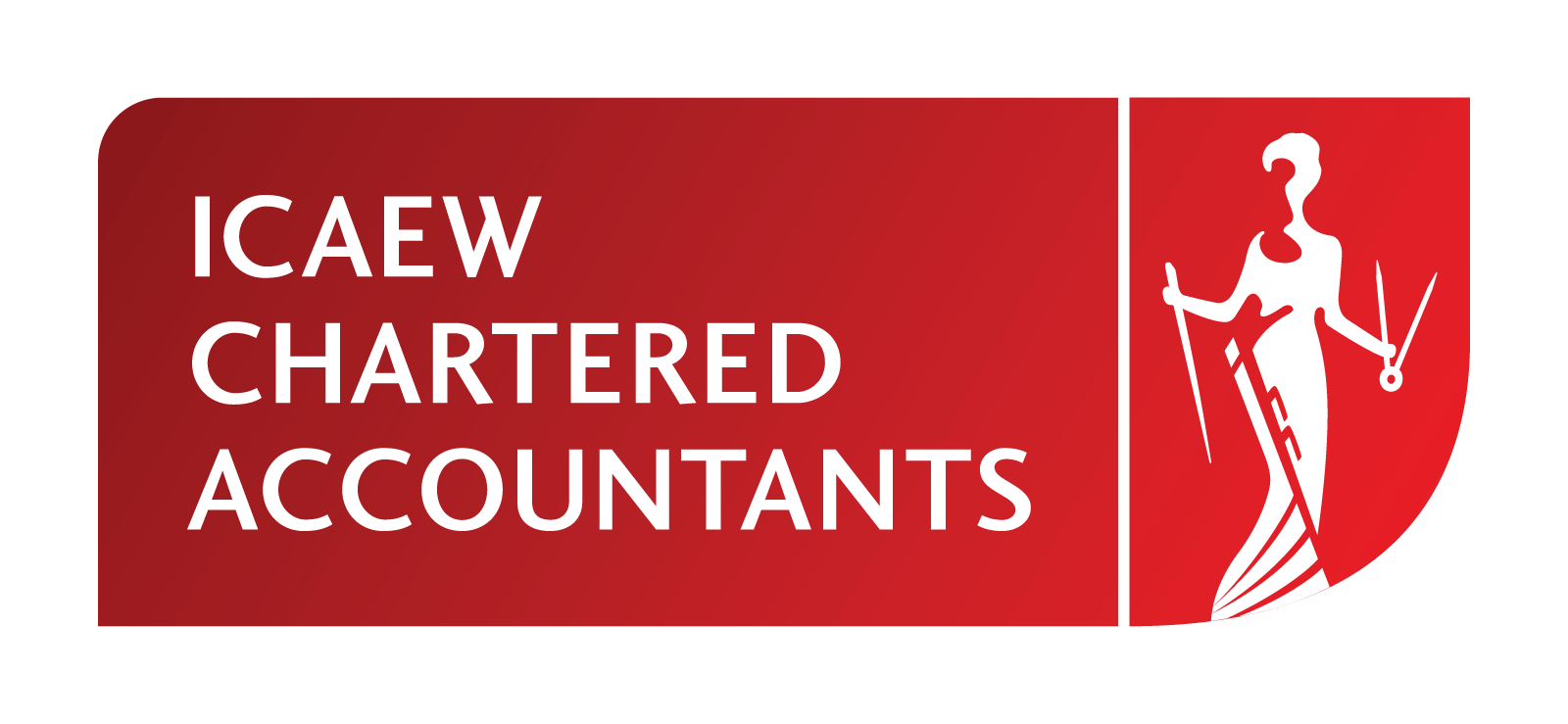Frequently Asked Questions
I want to set up a business, how would you help me?
Starting and running your own business requires careful planning and sound financial advice. Once you have cleared the legalities, you should seek advice early to put things in place. We specialise in providing expert advice to guide your business to the best possible chance of success. Some of the issues we can advise you on:
- Whether you should be a sole trader, partnership or limited company
- Financial and business planning
- Taxation issues
- Book-keeping and records, including the suitable system to meet your needs,
- VAT registration, PAYE obtained, notification to HMRC
- Implications and obligations when employing staff
What are annual accounts?
Annual accounts are a disclosure of the financial details of a company, usually presented in the form of a Profit & Loss account and a balance sheet. It is prepared to the date on which your accounting reference period ends annually. Eg, If your company is incorporated 15.03.2014, your Accounting Reference Date is 31.03.2015. The first annual accounts cover the period from 15.03.2014 - 31.03.2015 and all following accounts will be 01.04.xxxx - 31.03.xxxx
Generally, annual accounts must include:
- a profit and loss or income and expenditure account
- a balance sheet signed by a director
- notes to the accounts accompanied by a directors' and/auditors' report
It is a legal requirement to submit company accounts to Companies House and a copy to HMRC with a tax return (CT200) 9 months after your year end. Failure to do so is a criminal offence. Consequences of which include prosecution of the company directors and possible dissolution of the company. Companies House charge late filing fees of £150 to £1500 depending on the length of the delay.
If you haven't traded, or simply want to protect the name, you can prepare a simplified account known as a dormant company account.
How long do I need to keep my taxation records?
If your company is based in the UK, you must normally retain your company or organisation's business and accounting records for at least six years form the end of your Corporation Tax accounting period. If you are self-employed, a sole trader or in a business partnership, you must keep your records for at least 5 years and 10 months after the end of the tax year the tax return is for.
I want to gift a mortgage free property into my company, do I have to pay Stamp Duty?
Special rules apply where land and property are transferred to a 'connected company'. Under FA 2003 section 53, the consideration is deemed to be not less than market value. So whether the property is transferred in the form of shares, by way of gift, or sale at under value, Stamp Duty Land Tax is still payable.
How should I keep my books and records?
Correct record keeping is very important to a business. You may not realise that there are penalties of up to £3000 for poor record keeping. But before it comes to that, HMRC will give you the opportunity and time to bring them to an adequate standard. We will offer as much help and support as you need to achieve this.
Setting up and maintaining your records in an organised and logical manner will help you to track the state of your business. It will also help us to extract quickly and easily the information needed to prepare your accounts. We can help you to set up suitable processes at the start of your business and provide the necessary forms and books for you to complete accordingly. Once established, you will be able to maintain them yourself.
I have deferred my state pension and want to take amount as a lump sum. How will I be taxed?
The lump sum is taxable at the marginal rate and is subject to PAYE deductions if you are liable to pay income tax still. If you are liable to tax at the basic rate, then the full amount of the state pension deferral lump payment is also taxable at the basic rate, irrespective of the size of the payment. Tax is deducted by the Department of Work and Pension, using a modified form of PAYE, so you receive the net amount. If you are not liable to pay income tax then you can declare that no tax should be withheld by DWP when they make the payment.
Does the accounts need to be prepared by an accountant?
You may prepare your own accounts, however, a professional accountant prepares them in the format governed by Company Law and Accounting Standards. They can advise you all aspects relating to the financial situation of your business.





